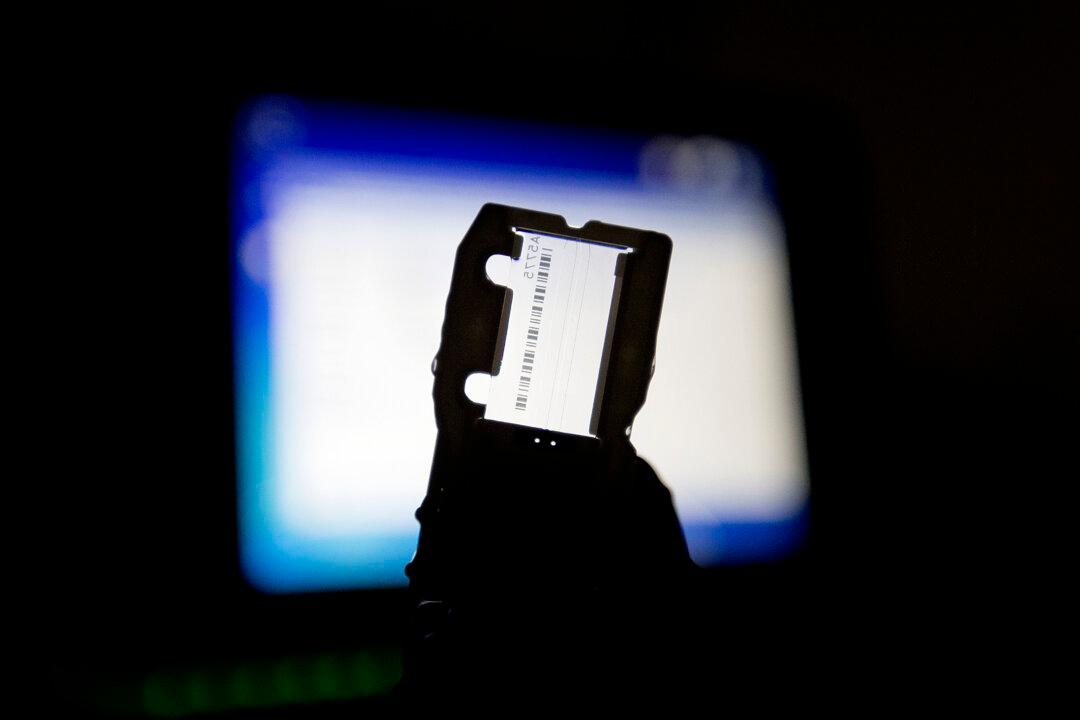The deputy national security adviser during the Trump Administration, Matthew Pottinger, said Sunday that during the onset of the CCP virus pandemic, the Centers for Disease Control and Prevention (CDC) was “unwilling” to partner with industrial labs who could provide rapid COVID-19 sequencing.
“The CDC was unwilling to partner with industrial labs to do tens of thousands of sequences so that you could actually see where this thing was going,” Pottinger told CBS News’s “Face the Nation,” referring to the CCP (Chinese Communist Party) virus pandemic.





